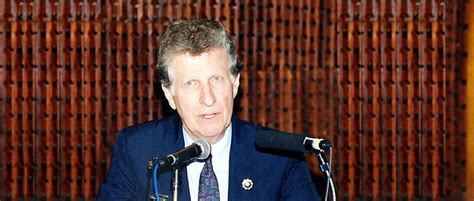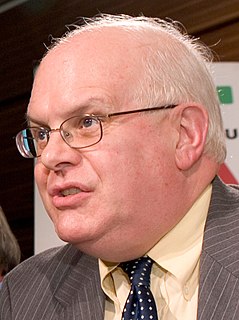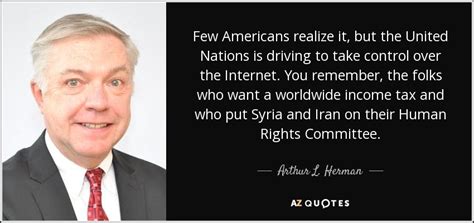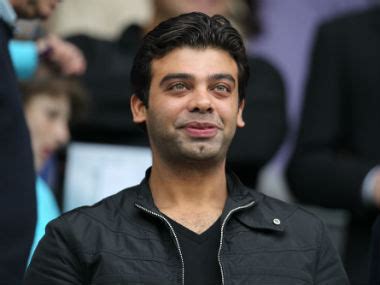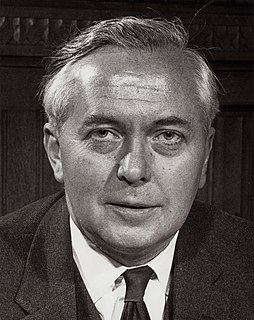A Quote by Stanley Wolpert
The plan to carve up British India was never approved of or accepted by Gandhi...who realised too late that his closest comrades and disciples were more interested in power than principle, and that his own vision had long been clouded by the illusion that the struggle he led for India's freedom was a nonviolent one.
Related Quotes
Formal education in British India was remarkable for its lack of connection with its Indian environment. Like the African persuaded to cover his nakedness with a Mother Hubbard, we wore mental Mother Hubbards, and they were often a sad fit. Our textbooks had been compiled by Englishmen for English children, of whom there were none in my school and few in any school in India.
Indira Gandhi had been this very powerful, dominating, ambiguous mother figure. Ambiguous because she was tyrannical, she had imposed...she had suspended Indian democracy for a few years but she also was the woman who had defeated Pakistan in war at a time when most male politicians in India had secretly feared fighting that war, so that here in India even today Indira Gandhi is called by Indian nationalists the only man ever to have governed India.
Gandhi wanted to meet with Churchill, his most bitter foe, when he visited London in 1931- but it didn't happen. Churchill wanted to go to India personally as prime minister in 1942 to negotiate a final settlement on India with Gandhi and the other nationalist leaders - but the fall of Singapore prevented it from happening.
We were great mates [with Rajiv Gandhi]: very, very, very close friends. In fact, on my visit to India as Prime Minister, we were going to his home for dinner. There were two aspects I remember: one is him saying how he had trouble with his security people, because they insisted he wears a vest. He said it was very uncomfortable and he often took it off, but of course, in the end, it wouldn't have mattered if he'd been wearing three vests - he would have been gone.
My main aim in 'Gandhi' was to project him as the vanguard of non-violence. Nowhere in the world has a movement of non-cooperation sans violence received so much support from masses as Gandhi's movement in India did. He was, to a great extent, responsible for freeing his nation from the British Raj.
Mandela didn't end Apartheid in South Africa, the poor guy was in jail for 27 years, it was the African people that ended it but he was a symbol of their struggle. Or Gandhi in India, Gandhi was a great believer in non-violence and he was in and out of jail, but India became free. I think it's better to look at what people can do collectively and that's why it's so important to encourage them.
Comrades ! You have voluntarily accepted a mission that is the noblest that the human mind can conceive of. For the fulfillment of such a mission no sacrifice is too great, not even the sacrifice of one's life. You are today the custodians of India's national honour and the embodiment of India's hopes and aspirations. So conduct yourself that your countrymen may bless you and posterity may be proud of you.
With the ministry's motto 'Research on a Shoestring' emblazoned on his coat of arms, he has to struggle with a treasury more interested in surtax relief than national survival. [Responding to an earlier statement by British Science Minister, Lord Hailsham, that British scientists were being recruited by the U.S.]
India was secular even when Muslims hadn't come here and Christians hadn't set foot on this soil. It is not as if India became secular after they came. They came with their own modes of worship, and they, too, were given a place of honor and respect. They had the freedom to worship God as per their wish and inclination.
